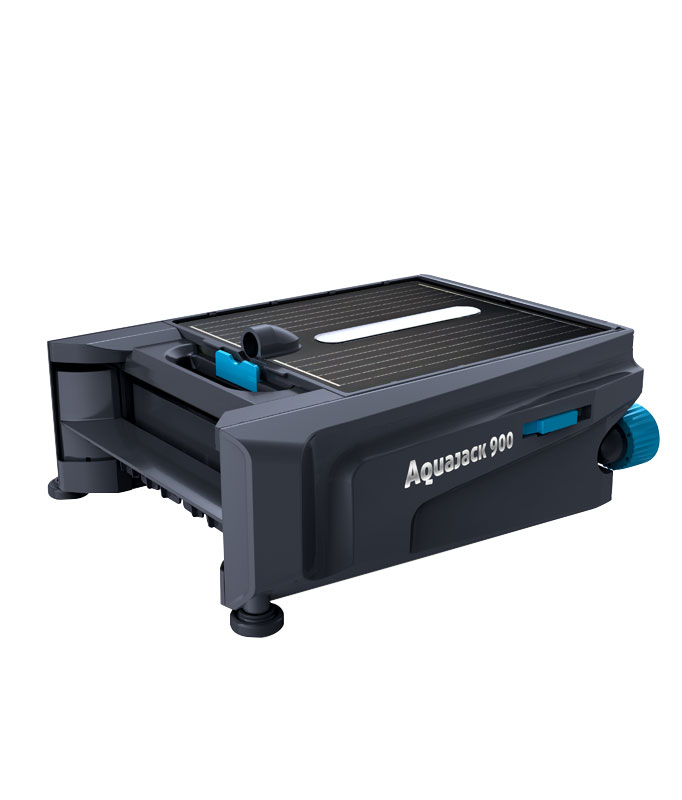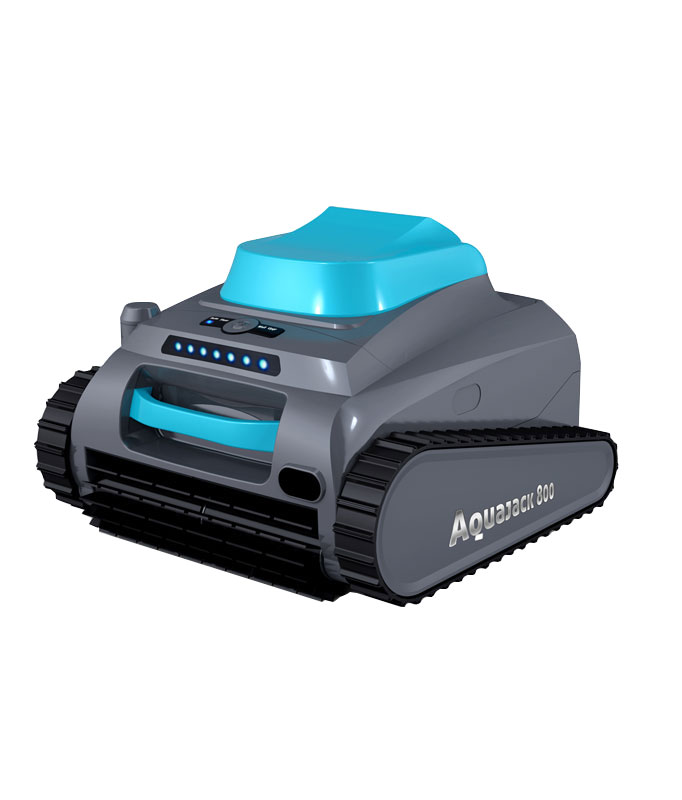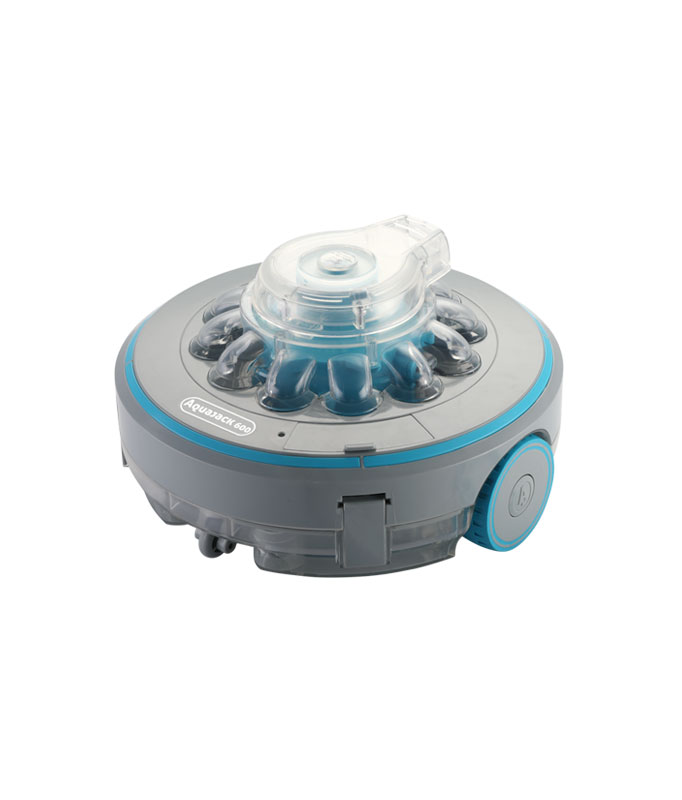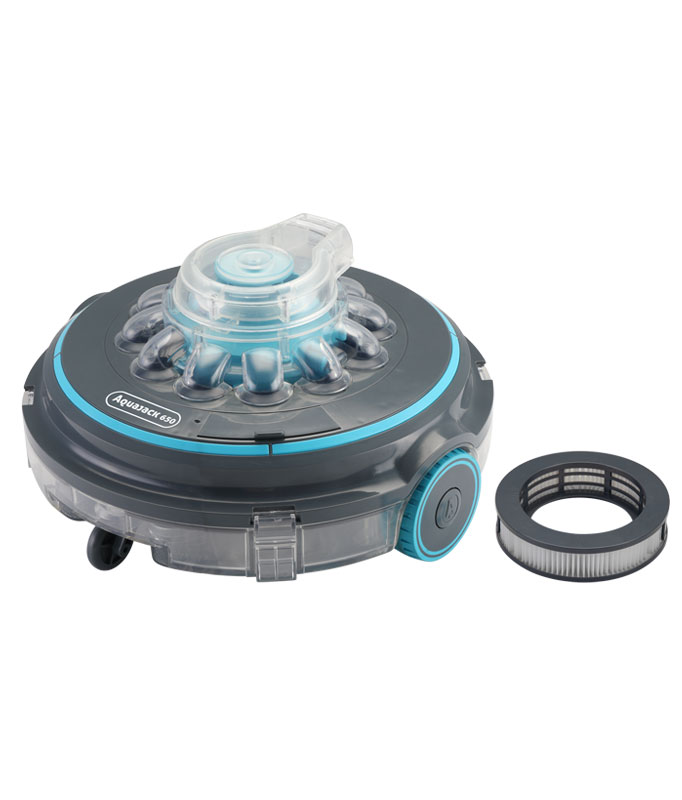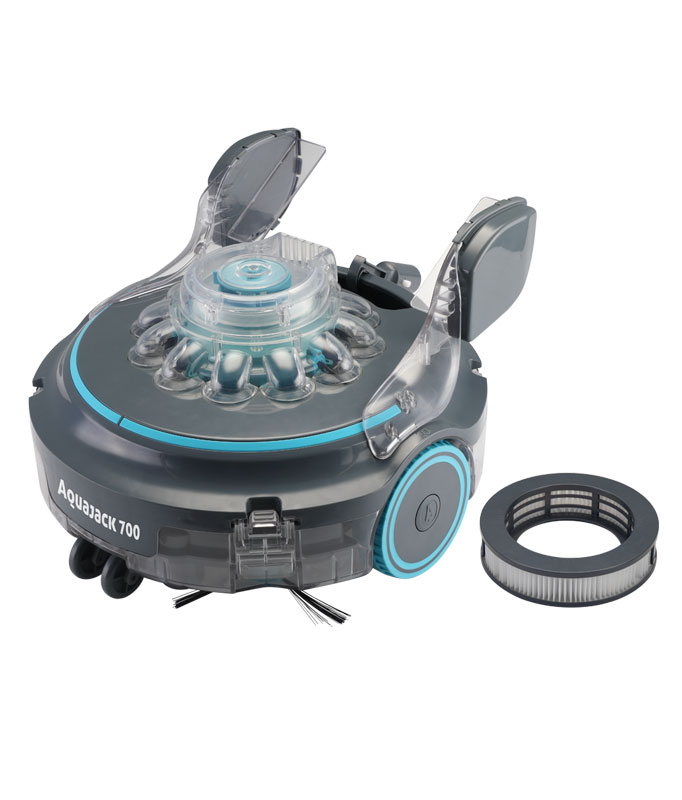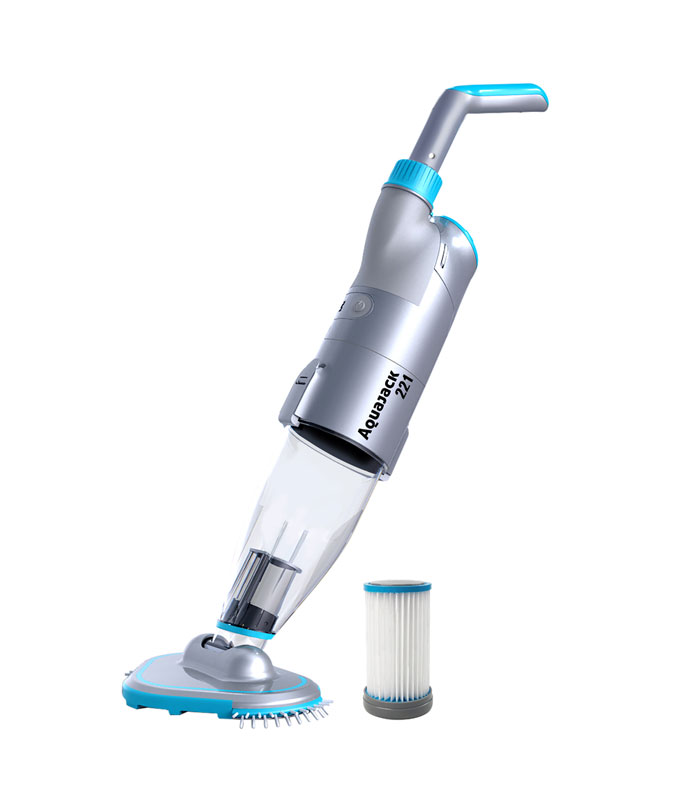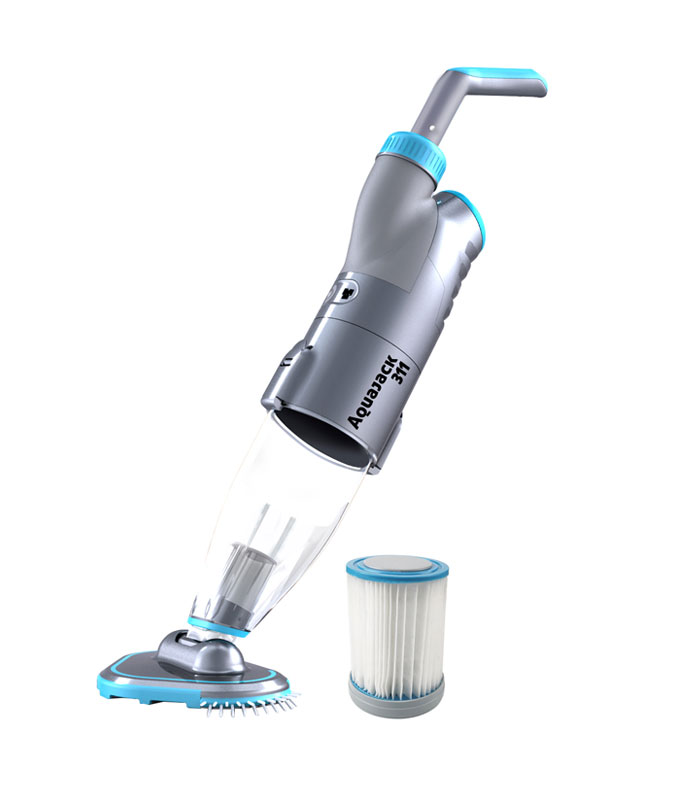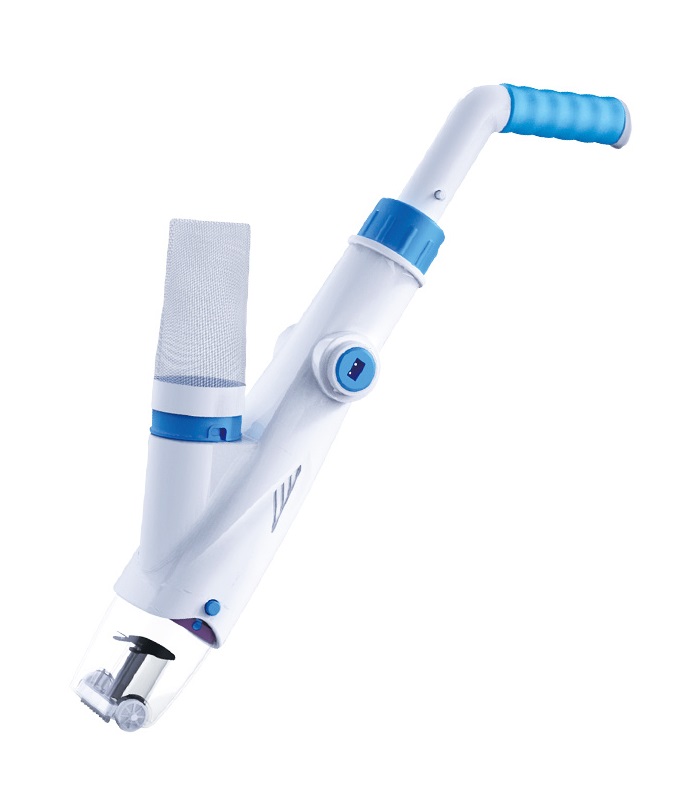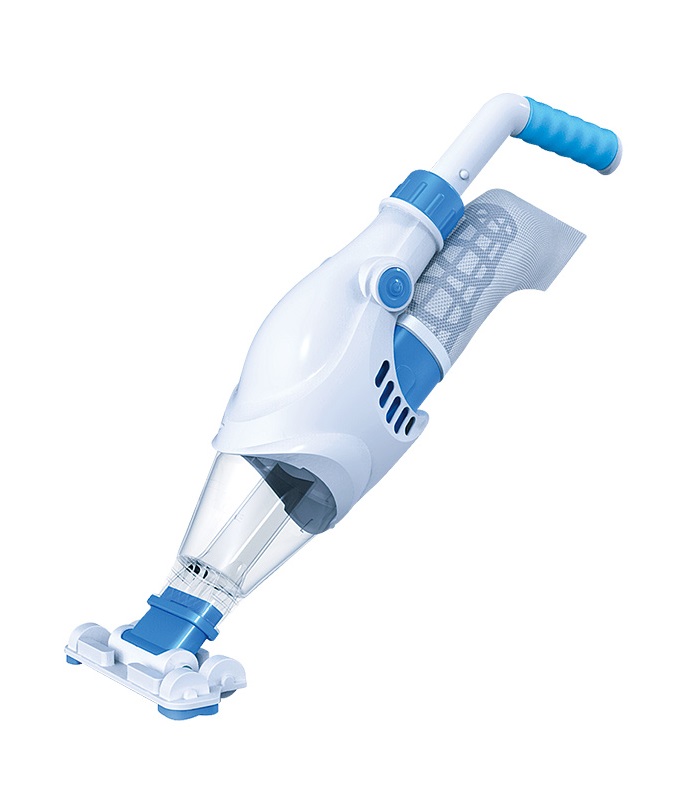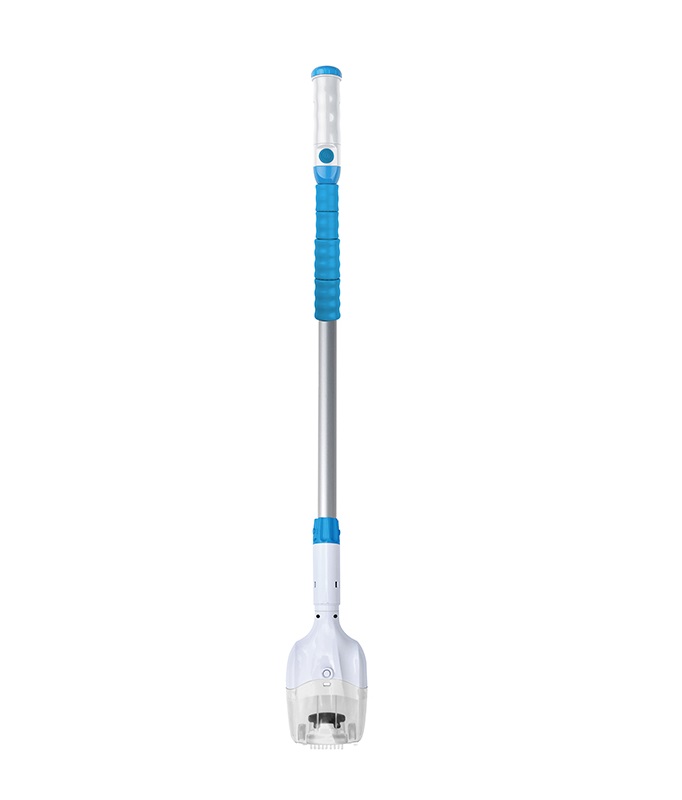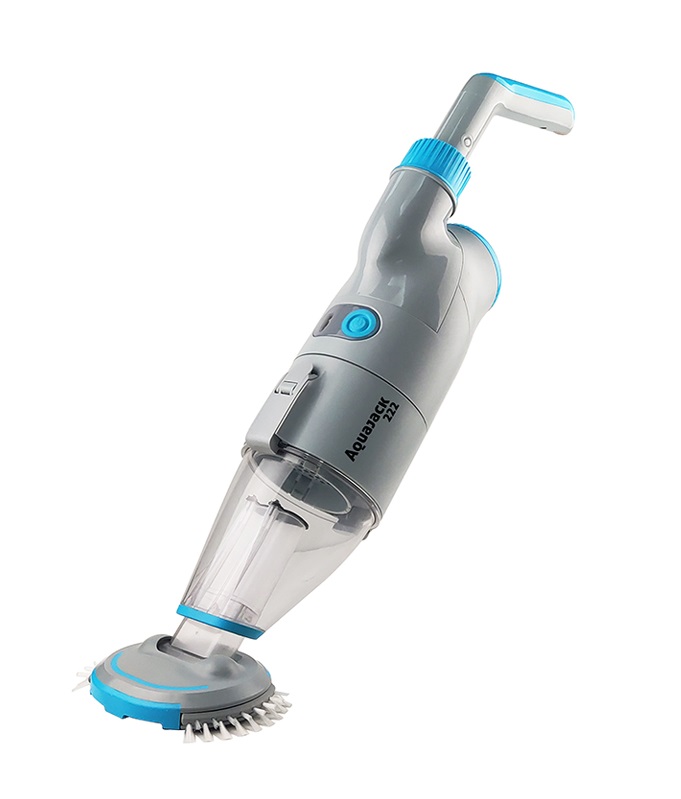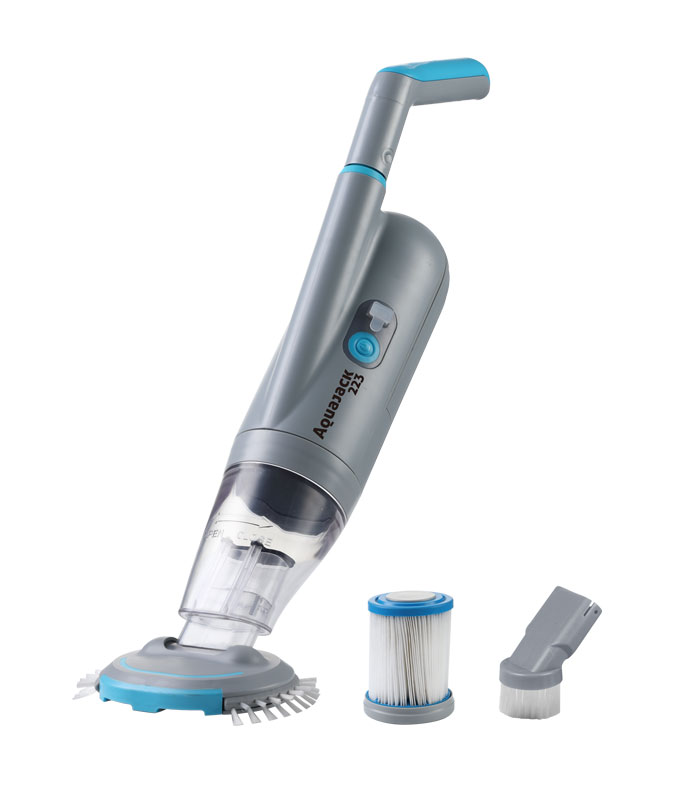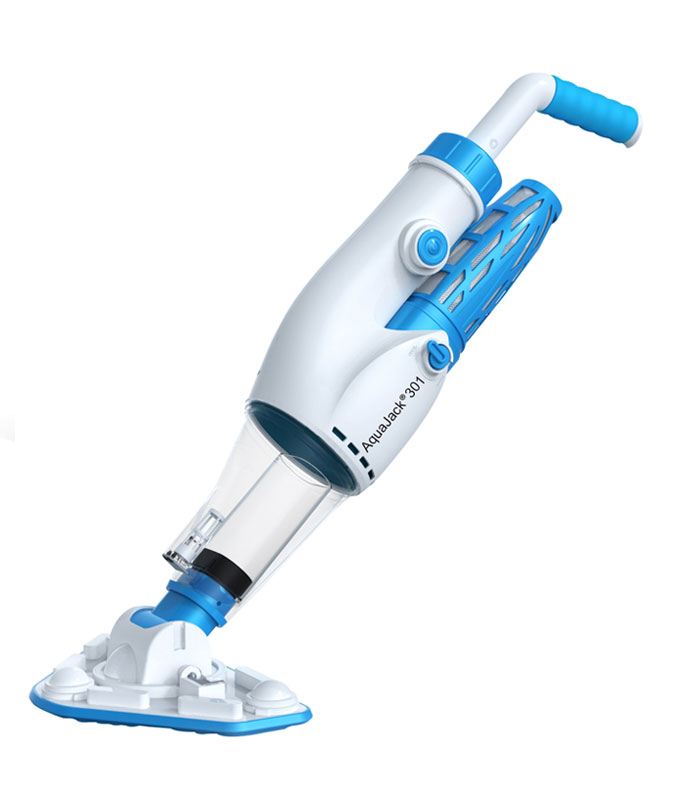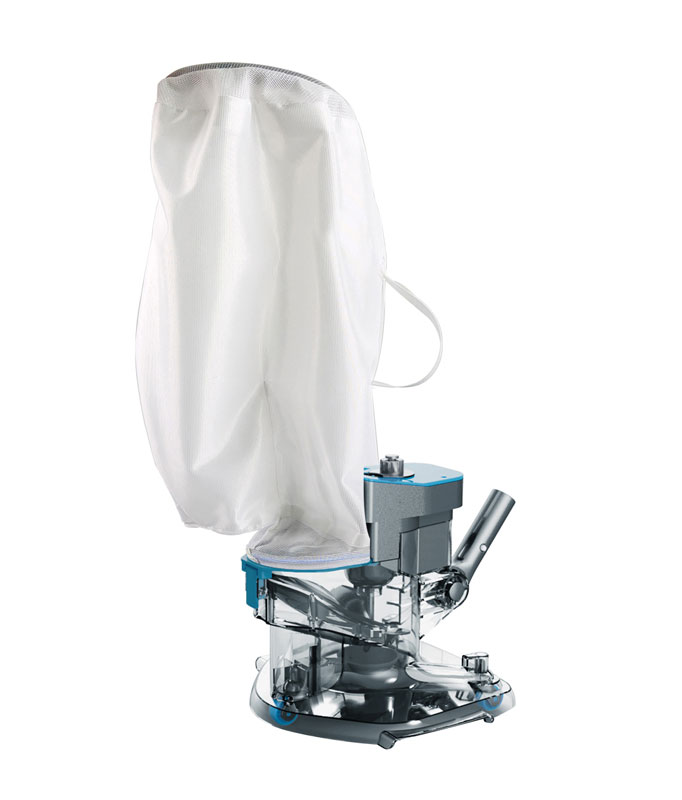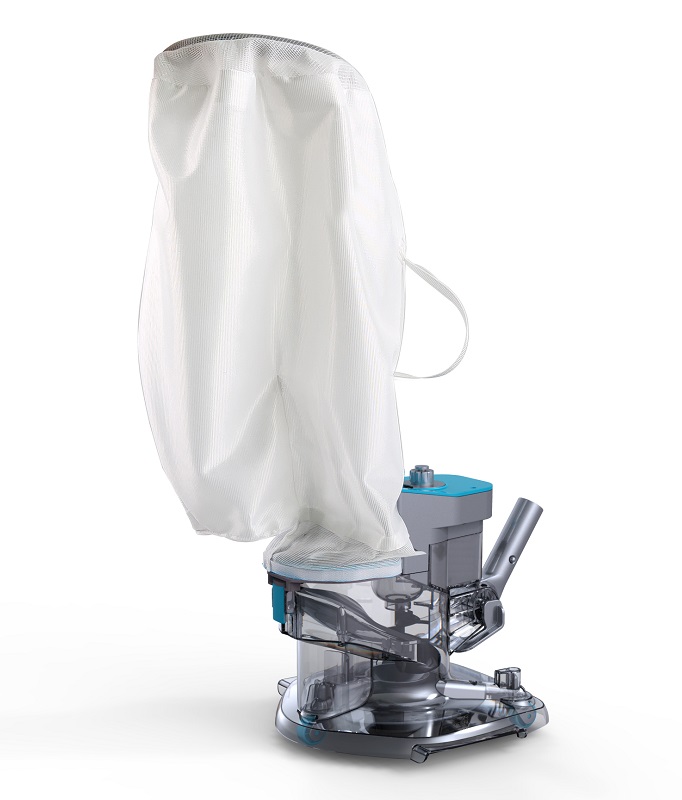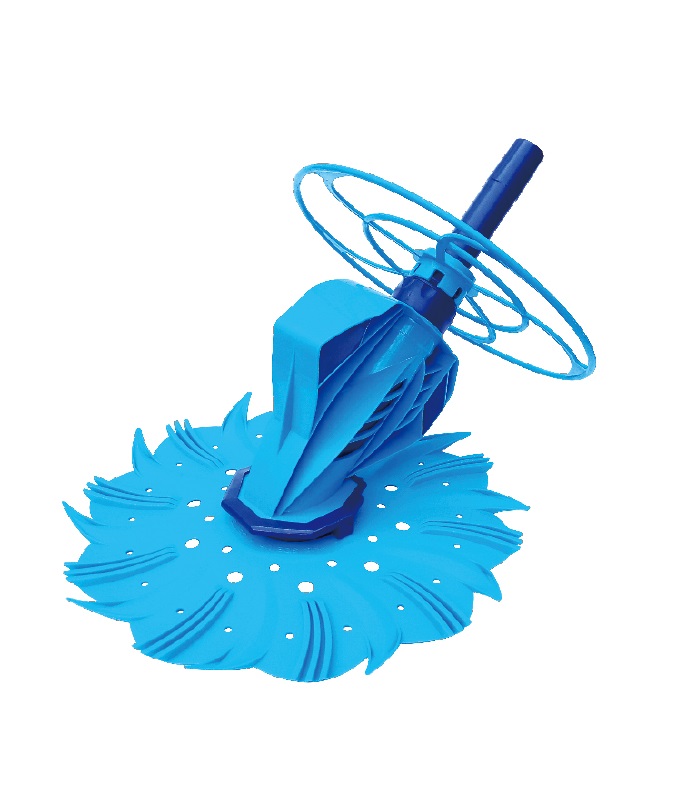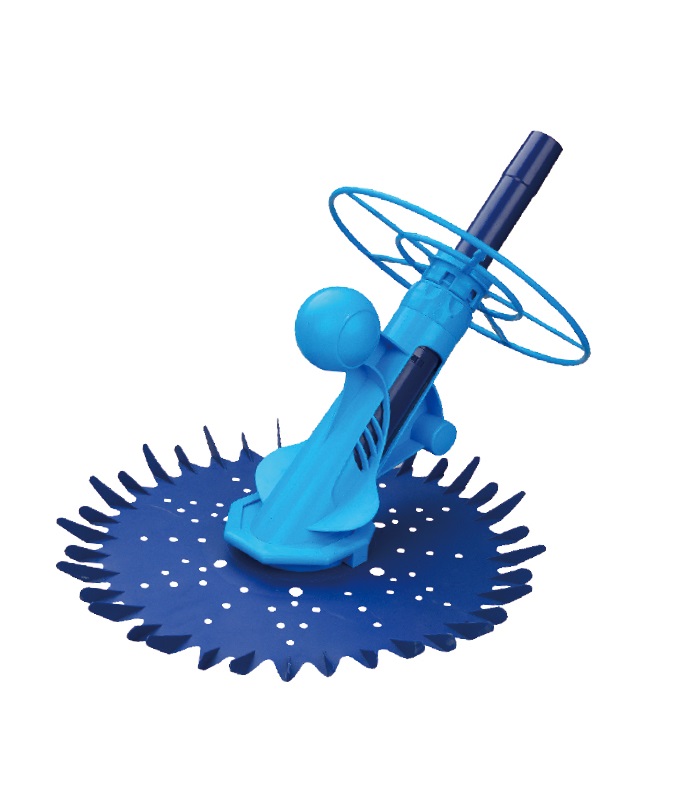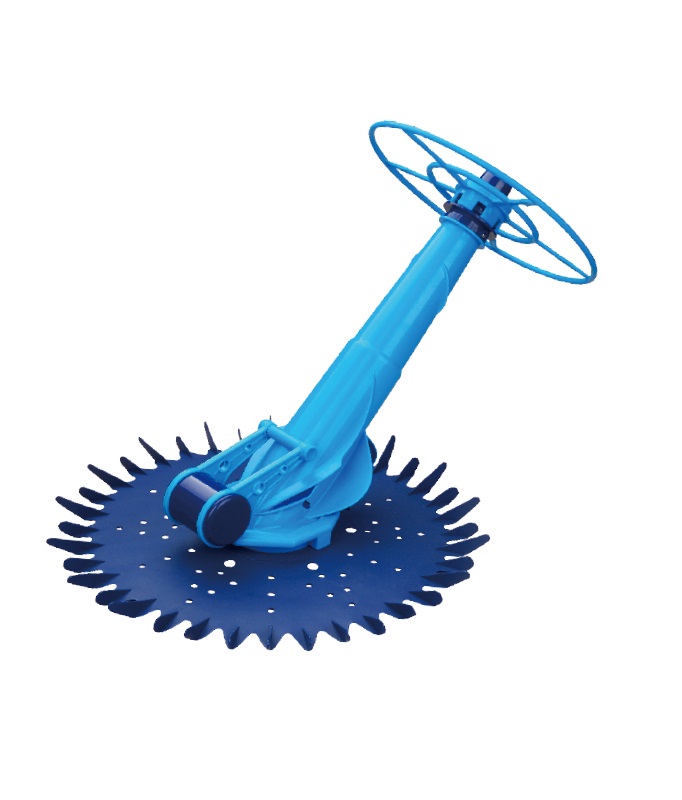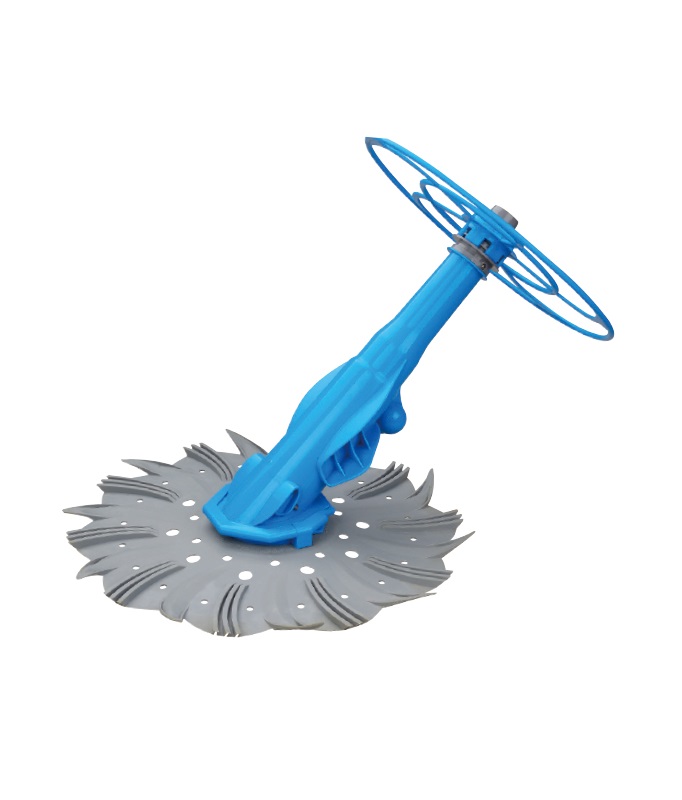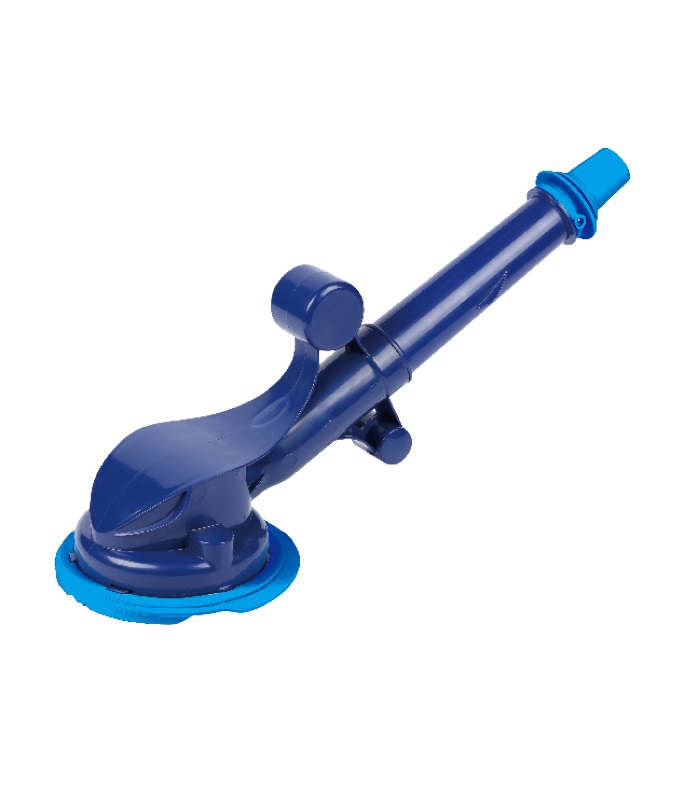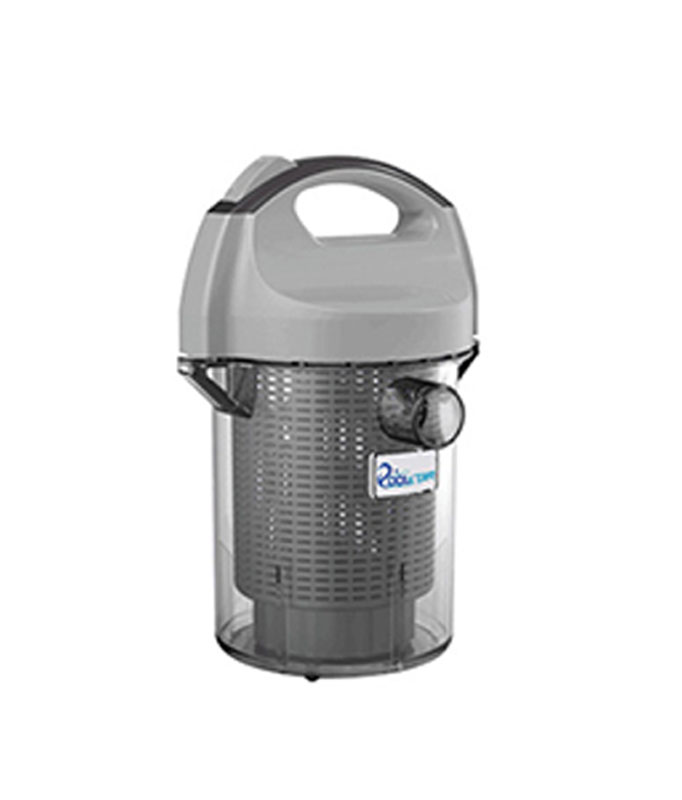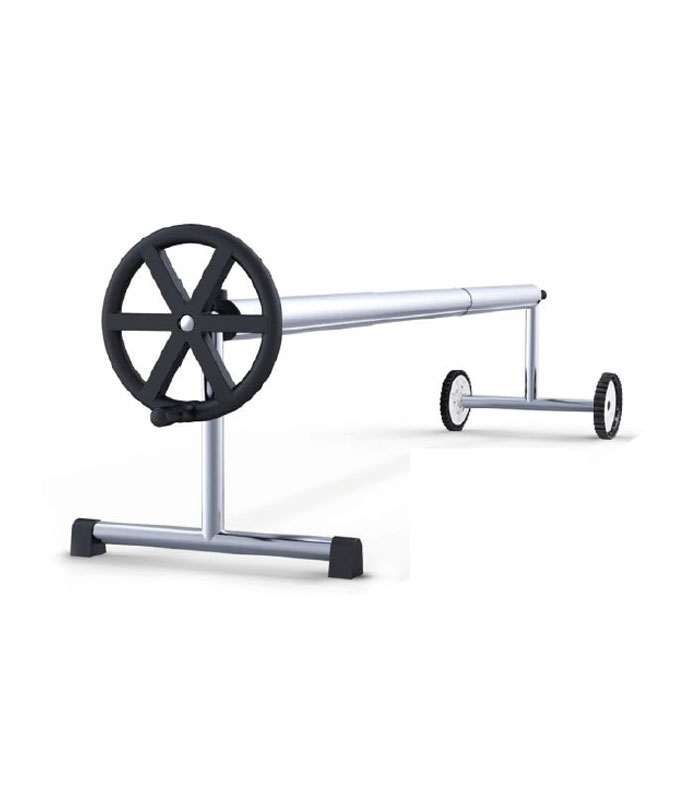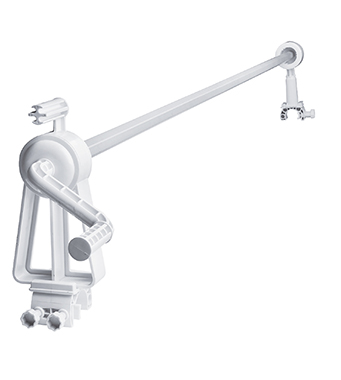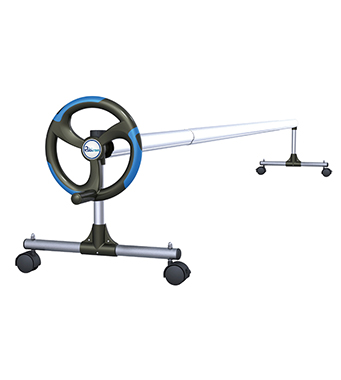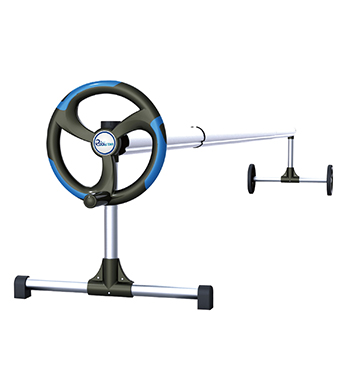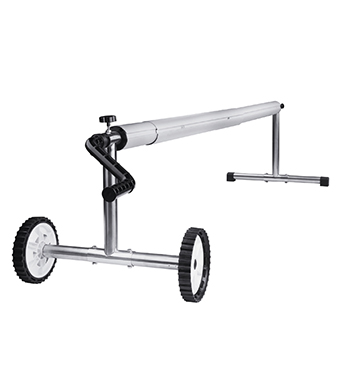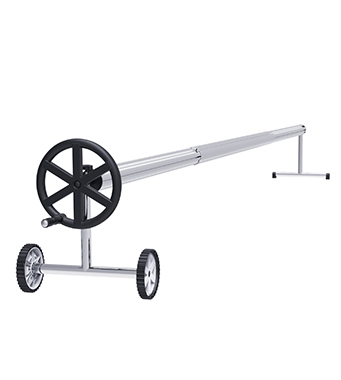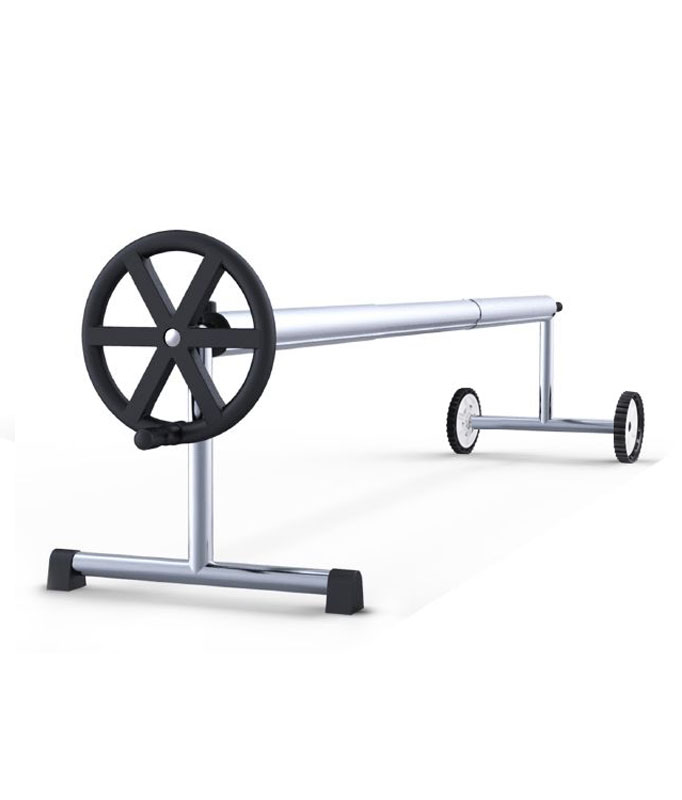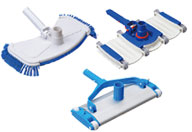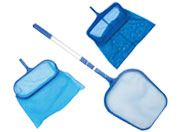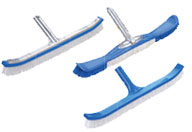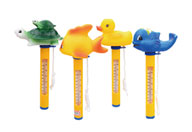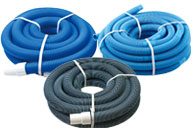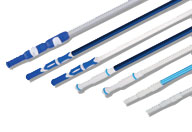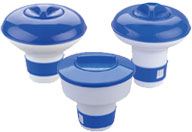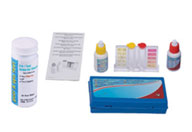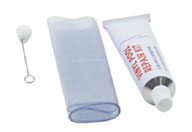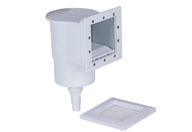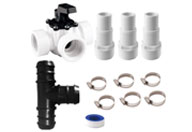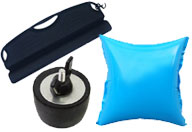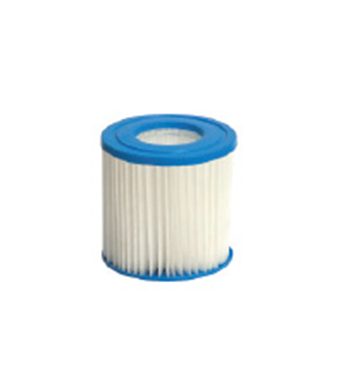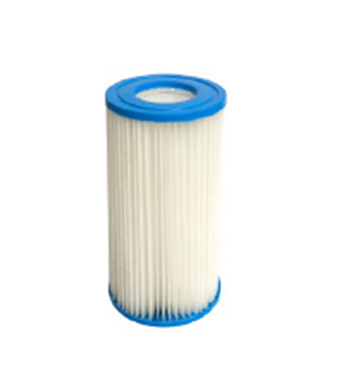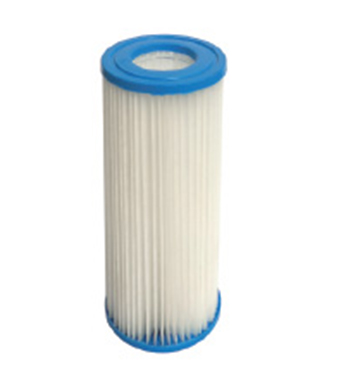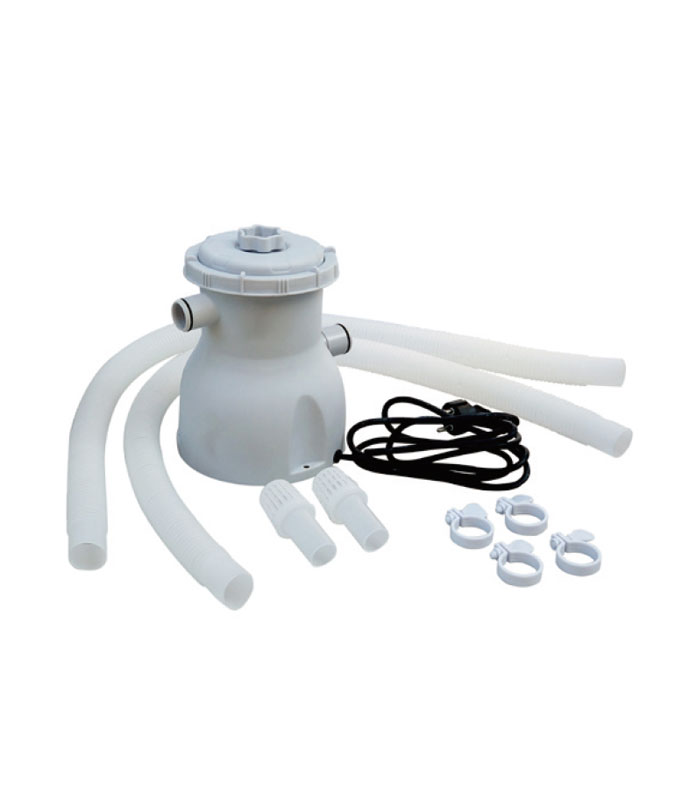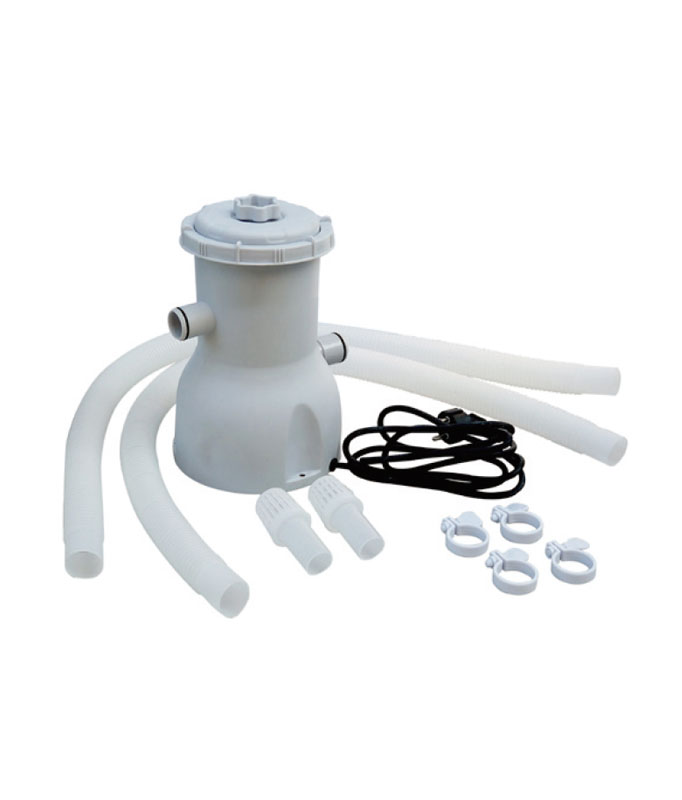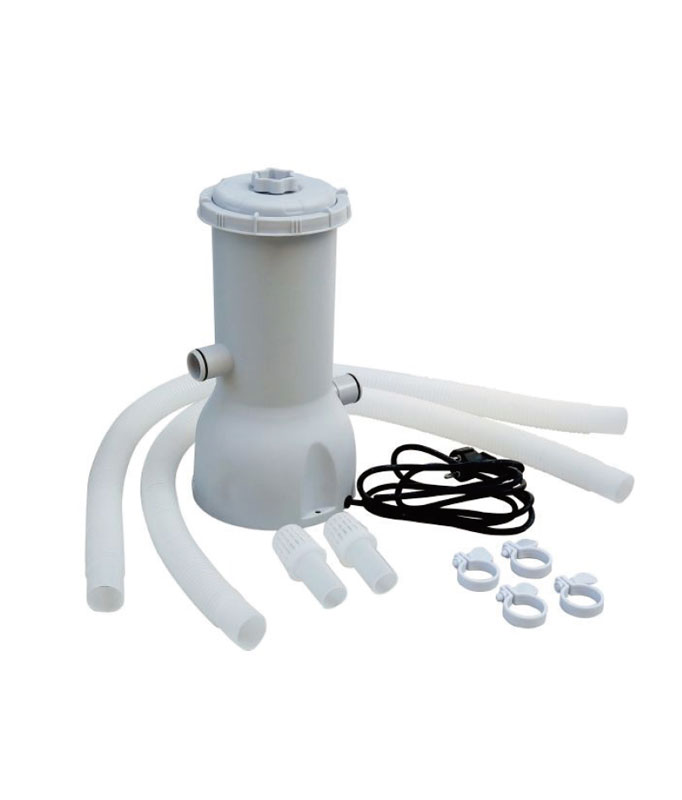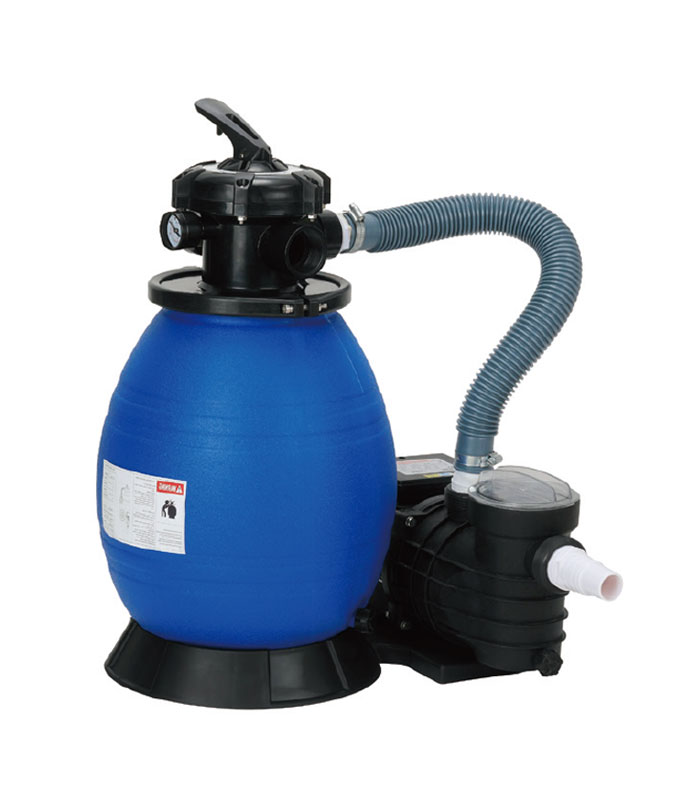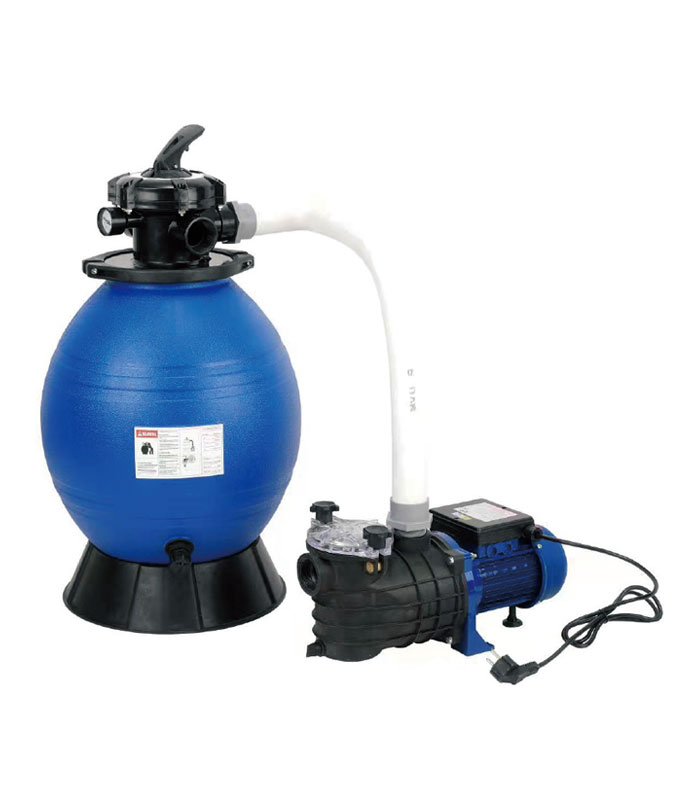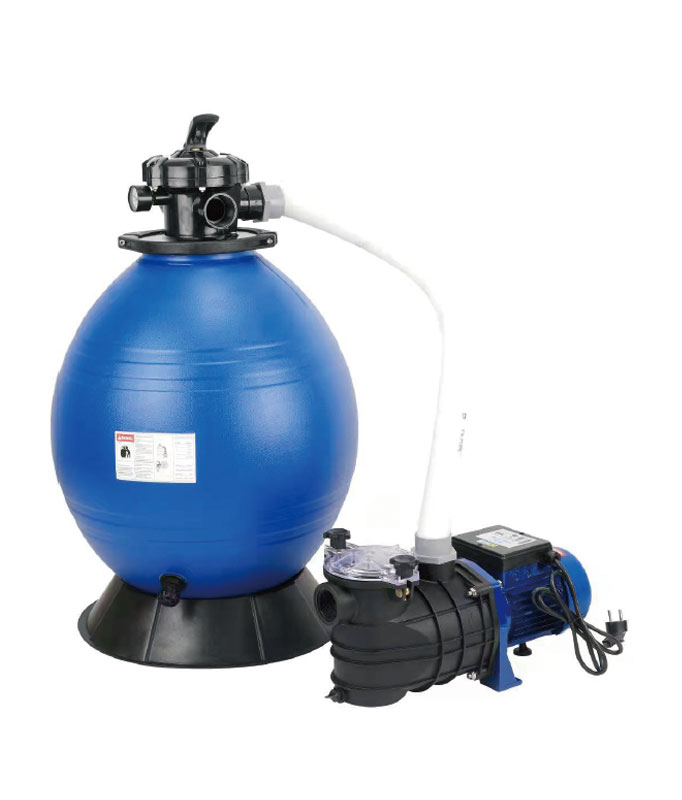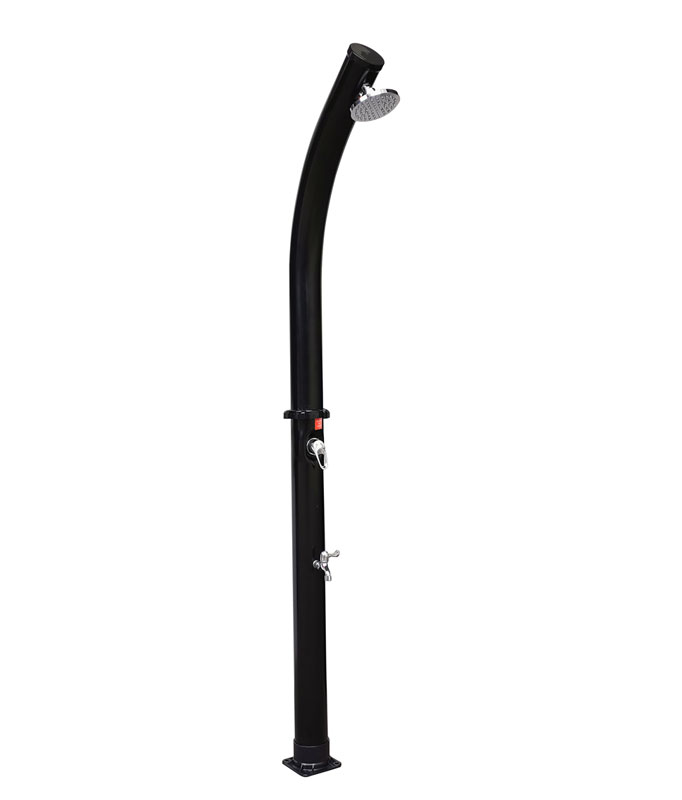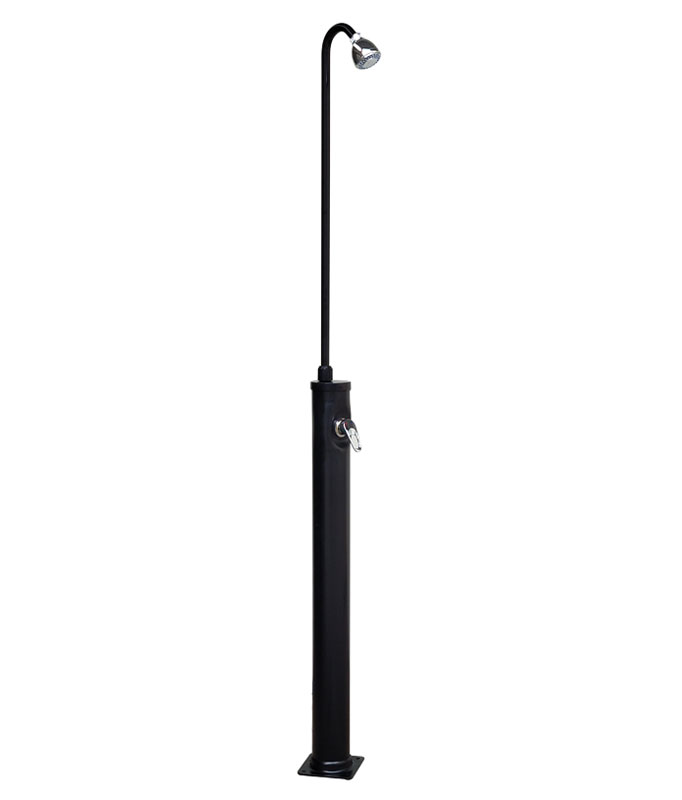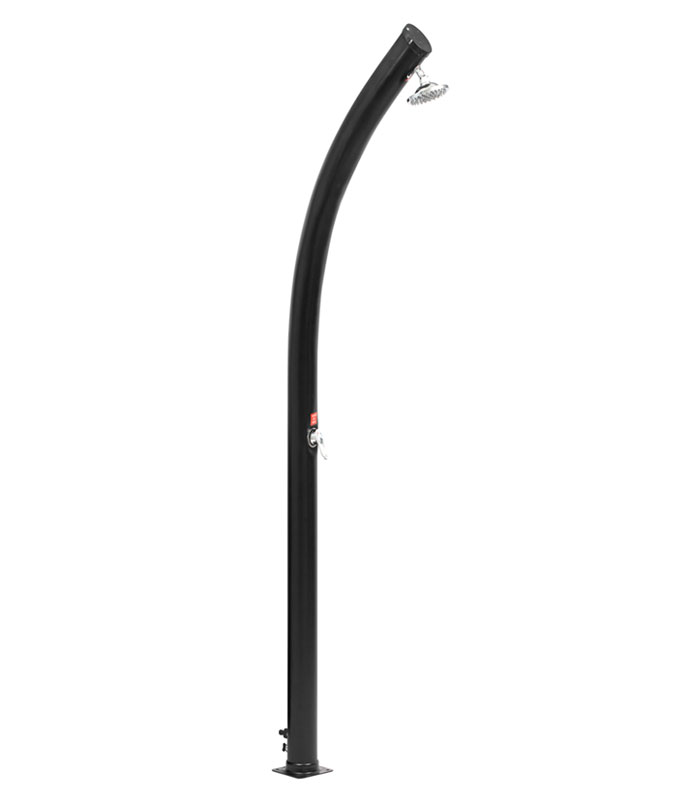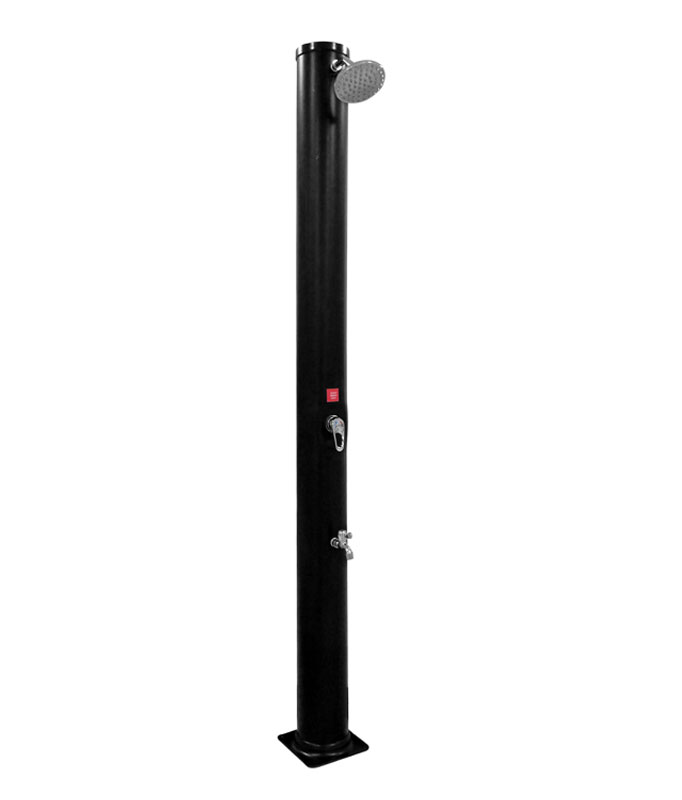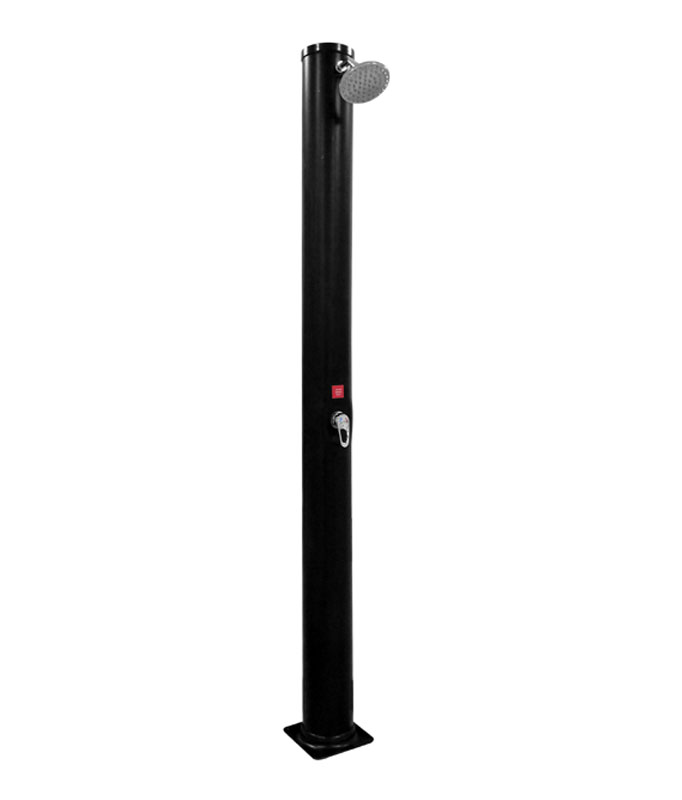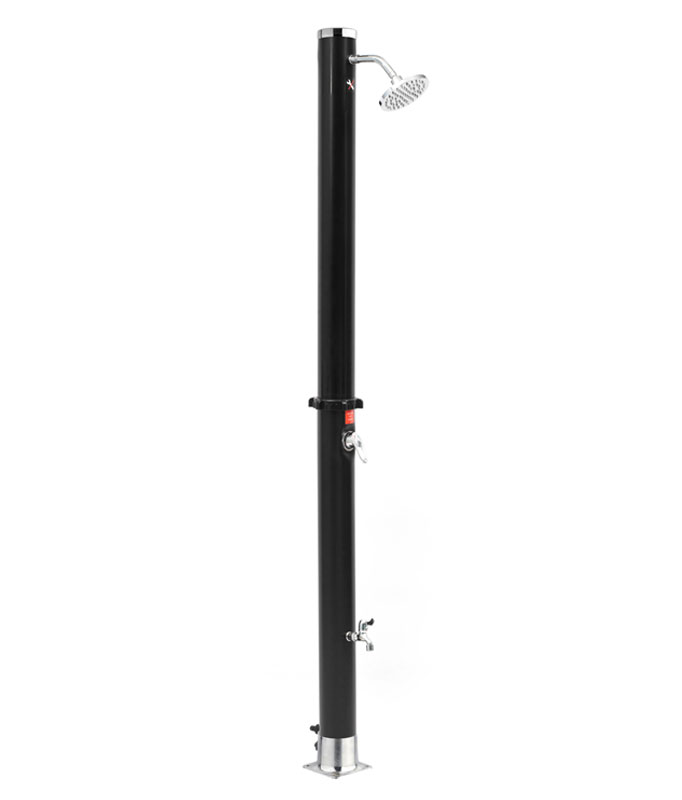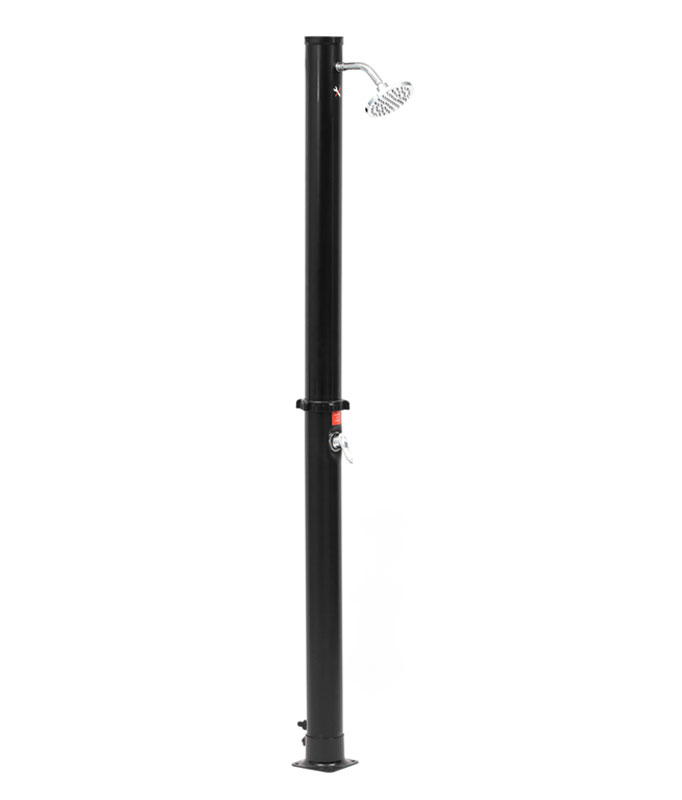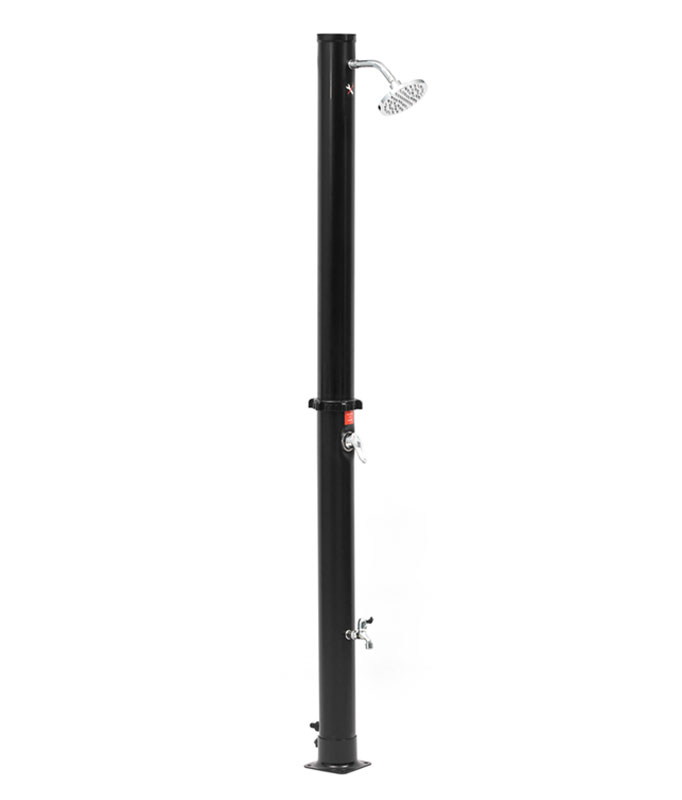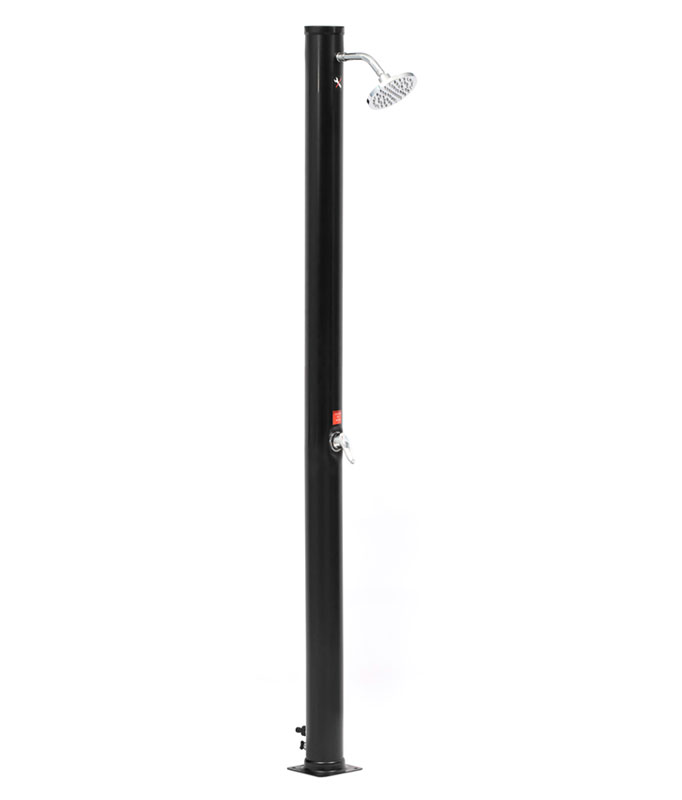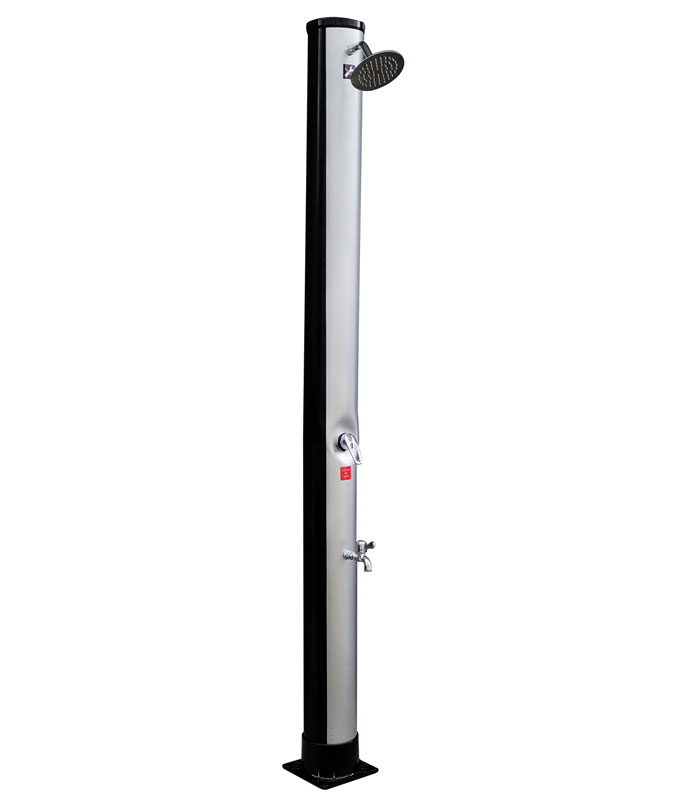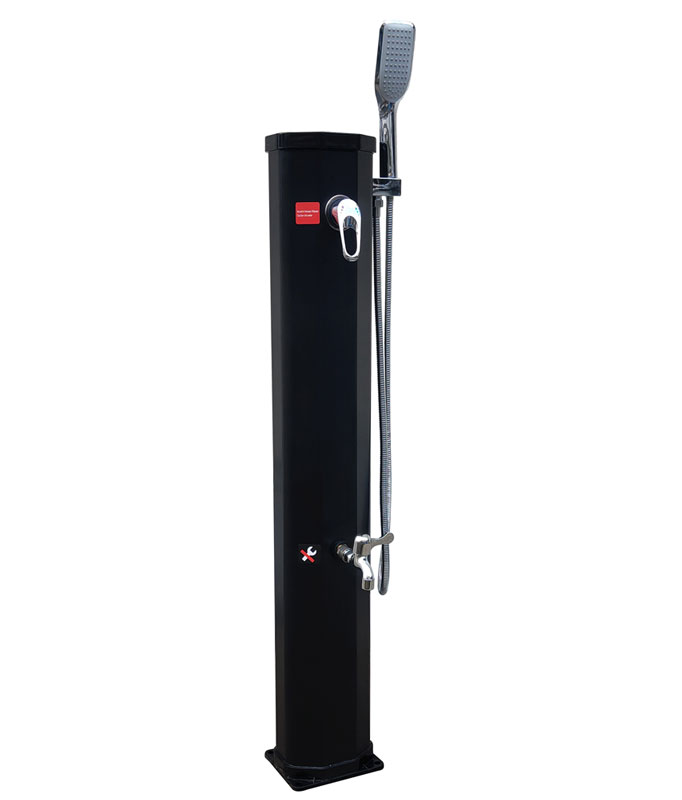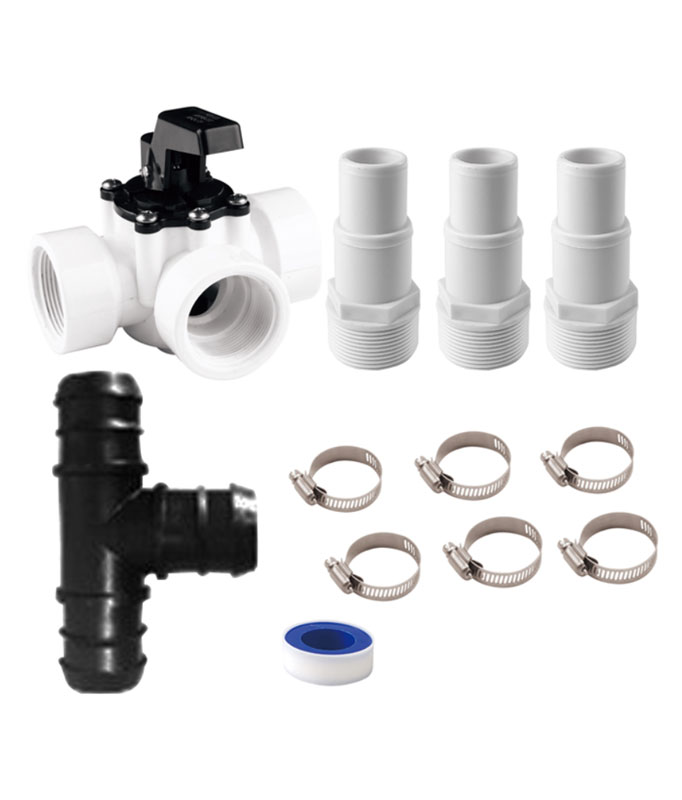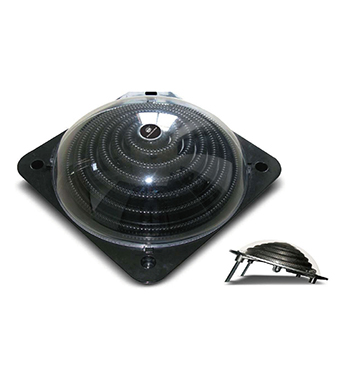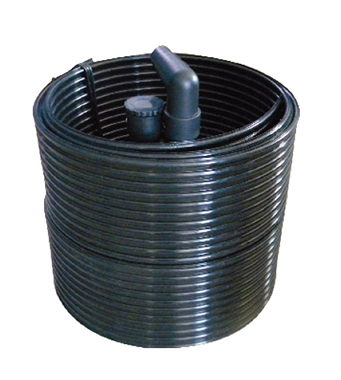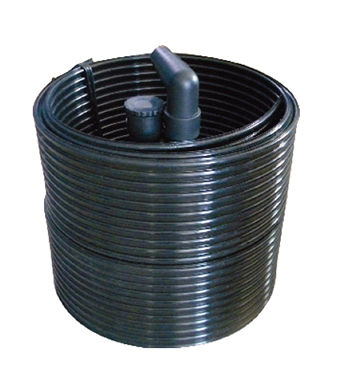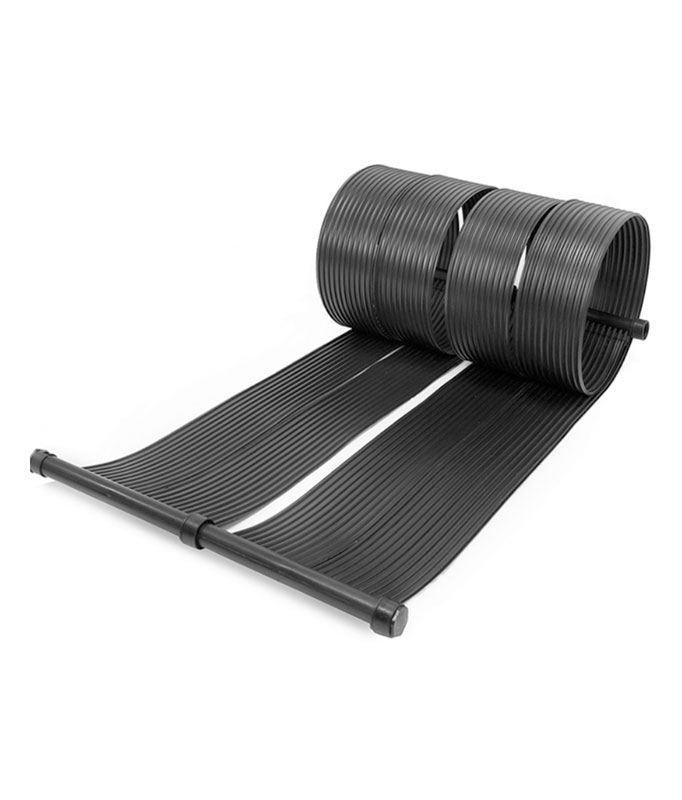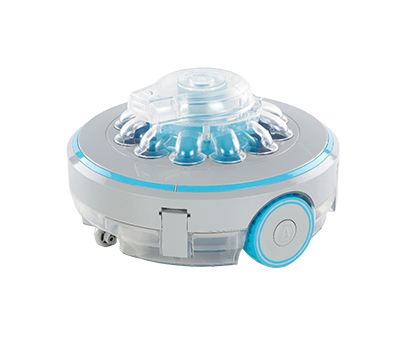
Still vacuuming your pool manually or paying for expensive professional cleanings? Discover how robotic pool cleaners deliver a 300% return on investment within 3 years—slashing maintenance costs, reducing chemical use, and extending equipment life. Learn why smart owners recover their initial investment in 18 months and enjoy essentially free cleaning for years afterward.
Key Takeaways
Fast ROI – Pays for itself in 12-18 months for most pool owners
Repair Prevention – Prevents $600+ annually in equipment damage
Water Savings – Reduces backwashing waste by 80%
Energy Efficiency – Uses 90% less power than pressure-side systems
Value Protection – Maintains property value with pristine pool condition
The True Cost of Traditional Pool Cleaning
Annual Cost Comparison (20,000 Gallon Pool)
| Expense Category |
Manual Cleaning |
Professional Service |
Robotic Cleaner |
|
Labor Time Value |
$1,500 (45 hrs) |
$2,400 |
$0 |
|
Energy Consumption |
$600 |
$600 |
$60 |
|
Chemical Usage |
$800 |
$800 |
$400 |
|
Equipment Repairs |
$300 |
$200 |
$50 |
|
Replacement Parts |
$150 |
$100 |
$100 |
|
Water Replacement |
$250 |
$250 |
$50 |
|
Total Annual Cost |
$3,600 |
$4,350 |
$660 |
Shocking Reality: Most pool owners underestimate their cleaning costs by 200-300% by not valuing their time properly.
Robotic Cleaner Economics: Breaking Down the Savings
1. Direct Cost Savings
- Eliminates professional cleaning ($150-300 monthly)
- Reduces chemical consumption by 40-60%
- Cuts water waste from frequent backwashing
- Prevents equipment damage from debris overload
2. Time Value Recovery
- Saves 5-8 hours weekly on manual cleaning
- Eliminates seasonal opening/closing labor
- Reduces maintenance learning curve for new owners
3. Long-Term Value Protection
- Extends pump life by 3-5 years
- Preserves liner surfaces preventing $5,000+ replacements
- Maintains property aesthetics for home value protection
ROI Timeline: When You Actually Start Profiting
Year 1:
- Initial investment: $800-1,200
- First-year savings: $2,940 vs professional service
- Net position: +$1,740
Year 2:
- Continued savings: $2,940
- Filter replacement: -$100
- Net position: +$4,580
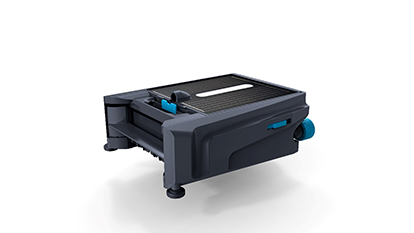
Year 3:
- Continued savings: $2,940
- Total 3-year savings: $7,520
- ROI: 626%
Years 4-7:
- Pure profit: $2,940 annually
- Essentially free cleaning plus time savings
Top 3 Cost-Efficient Robotic Cleaners
| Model |
Initial Cost |
Annual Operating Cost |
Payback Period |
|
Dolphin E10 |
$799 |
$220 |
4 months |
|
Polaris P825 |
$899 |
$180 |
3.5 months |
|
Aquajack800 |
$699 |
$250 |
3 months |
5 Financial Benefits That Add Up Fast
1. Chemical Reduction Savings
- 40% less chlorine due to better organic removal
- Eliminates clarifiers ($150 annually)
- Reduces algaecides by 70%
- Stabilizes pH reducing adjustment chemicals
2. Equipment Longevity Protection
- Pump life extension: 2-4 additional years ($800-1,600 value)
- Filter savings: 50% longer cartridge life ($100 annually)
- Heater protection: Prevents debris clogging ($300 repair prevention)
- Liner preservation: Avoids staining and damage ($5,000+ replacement saving)
3. Energy Efficiency
Power Consumption Comparison:
| System Type |
Watts per Hour |
Annual Cost (Daily Use) |
|
Pressure-Side |
1500-2500W |
$600-1,000 |
|
Suction-Side |
1200-1800W |
$480-720 |
|
Robotic Cleaner |
150-300W |
$60-120 |
4. Water Conservation
- 80% less backwashing required
- Saves 15-20,000 gallons annually
- Reduces refill frequency during drought seasons
- Lowers water bills significantly in metro areas
5. Time Value Recovery
- Recovers 200+ hours annually for average owners
- Enables rental income from better maintained pool
- Reduces stress from maintenance burden
- Increases actual pool usage enjoyment
Maintenance Cost Schedule
Annual Operating Costs (Average):
- Electricity: $80
- Filter replacements: $100
- Parts warranty: $50
- Total: $230
Compared to Alternatives:
- Professional service: $2,400-3,600
- DIY with pressure cleaner: $1,200-1,800
- Savings: $970-3,370 annually
Smart Buying Guide: Maximizing Your Investment
1. Choose the Right Model
- Oversize slightly for better debris handling
- Prioritize efficiency over fancy features
- Verify part availability for affordable maintenance
2. Optimal Purchase Timing
- End-of-season sales (August-September)
- Black Friday deals often best of year
- Model clearance when new versions release
3. Warranty Considerations
- 3-year minimum on major components
- Pro-rated battery coverage essential
- Service network availability important
4. DIY Maintenance Learning
- YouTube tutorials for basic repairs
- Owner forums for troubleshooting
- Factory parts sources for cost savings
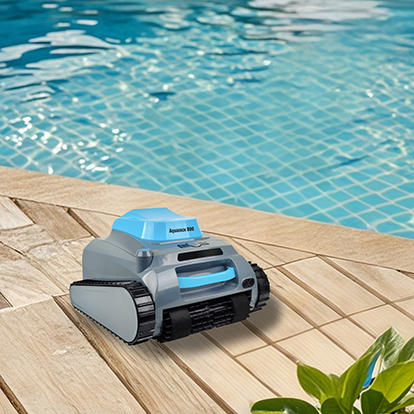
FAQ: Financial Questions Answered
Q: How long until break-even?
A: 3-6 months vs professional service, 12-18 months vs DIY pressure cleaning
Q: Are expensive models worth it?
A: Yes – better efficiency and longevity justify 20-30% premium
Q: DIY repair difficulty?
A: Easy – most repairs require only screwdriver and 30 minutes
Q: Best value brands?
A: Dolphin, Polaris, and Aquabot offer best cost-of-ownership
Q: Insurance implications?
A: None – considered maintenance equipment, not requiring special coverage
Q: Resale value?
A: 50-60% after 3 years if maintained properly

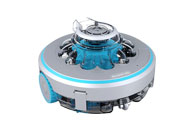 Robotic Pool Cleaner
Robotic Pool Cleaner 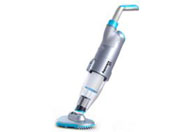 Portable Pool Vacuum Cleaner
Portable Pool Vacuum Cleaner 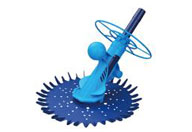 Automatic Pool Cleaner
Automatic Pool Cleaner 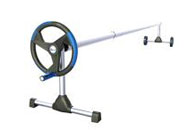 Pool Cover Reel
Pool Cover Reel 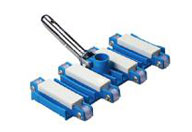 Pool Cleaning Accessories
Pool Cleaning Accessories 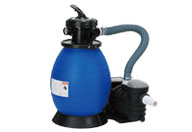 Pool Filter Pump
Pool Filter Pump 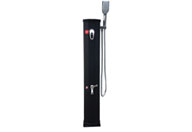 Pool Solar Shower
Pool Solar Shower 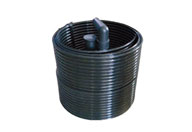 Pool Solar Collector
Pool Solar Collector 